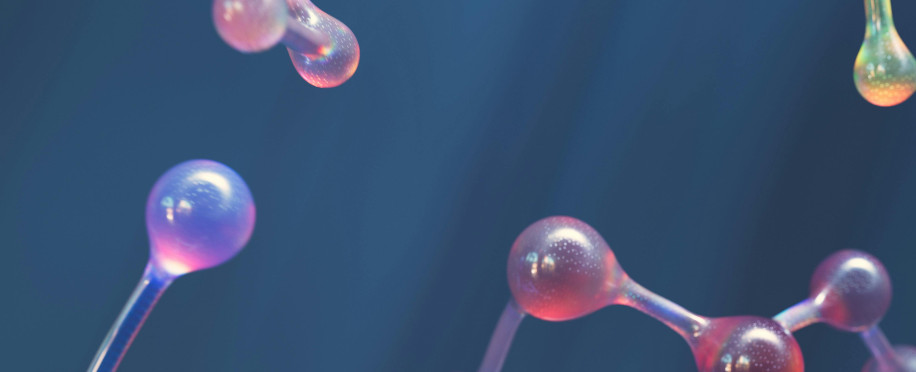Copyright © 2026 lpcentre.com All Rights Reserved. London Premier Centre For Training Ltd Registered in England and Wales, Company Number: 13694538
version: 3.0.1

Posted On: 10/11/2024, 8:48:50 PM
Last Update: 10/11/2024, 8:48:50 PM
British computer scientist Professor Demis Hassabis has been awarded a share of the Nobel Prize in Chemistry for his pioneering contributions to protein research, which are foundational to the very fabric of life. The 48-year-old professor, who co-founded the AI startup that evolved into Google DeepMind, played a pivotal role in revolutionizing our understanding of proteins.
In this groundbreaking achievement, Professor Hassabis collaborated with two leading scientists, US-based Professor David Baker, 60, and Professor John Jumper, 39, to make an unprecedented breakthrough that is reshaping the fields of biology and artificial intelligence. This monumental discovery has far-reaching implications for science and medicine, underscoring the profound impact of AI in solving some of the most complex challenges in life sciences.
Proteins, essential building blocks of life, are present in every human cell. Advances in medicine have been fueled by protein understanding, particularly in addressing antibiotic resistance and imaging plastic-degrading enzymes.
Prof. Hassabis believes winning the Nobel Prize is the “honour of a lifetime.” and has dedicated his life to AI research, thinking it can significantly change the world.
The Nobel committee was unaware of his phone number, leading to multiple attempts to contact his wife—who ultimately found out it was a Swedish number.
Moreover, he urged children to create their own games, citing his early gaming experiences as inspiration for his AI experiments.
Prof. John Jumper remarked that receiving the prize felt “so unreal at this moment,” but that it also “represents the promise of computational biology.”
However, the Nobel committee struggled to contact him, as he received a number from a Swedish number, causing him to question the authenticity of the award.

Two scientists developed AlphaFold2, an artificial intelligence program, which predicted the structures of nearly all known proteins. Amino acid chains, which form proteins, fold to take on specific shapes. These shapes determine the functions of millions of proteins in the human body, making it challenging for scientists to anticipate.
AlphaFold2, a Nobel committee-recognised “complete revolution,” is utilised to target 200 million proteins globally, solving a significant portion of protein structures that were previously unsolved.
The pair won half the Nobel Prize, while Prof Baker won the other half for his 2003 achievement of creating new proteins using amino acids, paving the way for various pharmaceutical applications.
Prof Baker, a researcher at the University of Washington, used computer software to predict protein structures, designing the Rosette programme in the 1990s. He expressed excitement and honour at the announcement.
He said, “I stood on the shoulders of giants,” when asked how he had deciphered the protein-making code. He said that when the phone rang while he was asleep, his wife “started screaming very loudly” at the declaration.
The Royal Swedish Academy of Sciences announced that the winners will share a prize fund worth 11m Swedish kronor (£810,000), with Prof Baker receiving half and Prof Hassabis and Prof Jumper receiving the remaining half.
Prof Hassabis, a chess prodigy, graduated from Cambridge University at 16 and worked in computer game design before completing a PhD at University College London.
He co-founded DeepMind, a machine-learning company bought by Google in 2014, which combines neuroscience and machine learning to create powerful algorithms. His work has won numerous awards, including the Nobel Prize for Chemistry.
Read more news:
WHO Raises Alarm on Mpox Surge: A New Pandemic Threat?
AI Market Turmoil: A $190 Billion Setback